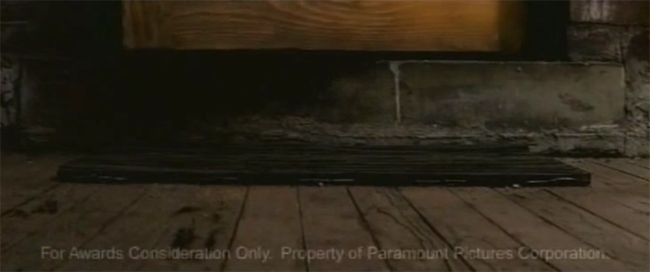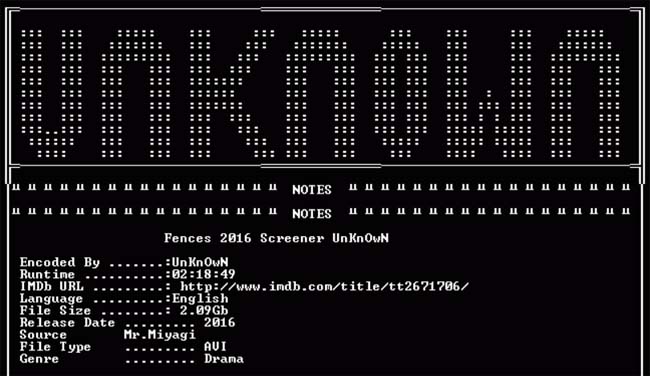‘Copyright Trolls’ Hit With Class Action Lawsuit For Theft by Deception
mercredi 4 janvier 2017 à 21:00 In recent years so-called copyright trolls have been accused of various dubious schemes and actions, including intimidation and extortion.
In recent years so-called copyright trolls have been accused of various dubious schemes and actions, including intimidation and extortion.
Last month it became apparent that these concerns are not just one-sided complaints, when the U.S. Government launched a criminal case against two of Prenda Law’s principals.
This week, copyright trolling allegations are once again brought to the forefront. In a class action lawsuit filed in an Illinois federal court on behalf of accused pirates, a group of rightsholders, lawyers, and a torrent monitoring expert are accused taking part in an “extortion conspiracy.”
The case centers around Clear Skies Network (CSN) which brought several lawsuits against alleged downloaders of the movie “Good Kill.” As is common in these campaigns, the rightsholders work in tandem with lawyers and BitTorrent monitoring experts to make their case.
One of their targets was a 62-year-old woman, who has now decided to strike back, also on behalf of other defendants that are in the same position.
The complaint details how the woman was repeatedly threatened and intimidated with a possible $150,000 in statutory damages, asking her to settle for only a few thousand. It also mentions various other allegations including false statements.
In addition, the complaint notes that the defendants may have purposefully operated a honeypot where they themselves distributed the infringing movie before its theatrical release in the U.S.
“CSN and/or the German John Doe relies on ‘fake experts’ and/or honeypots or seeds its Motion Picture for the express purpose of being able to claim that it has ‘caught’ people downloading the copyrighted material,” it reads.
The monitored torrents and the various associated IP-addresses were used as the base evidence for copyright lawsuits throughout the country. According to the class action complaint, the rightsholders continuously relied on the same German monitoring outfit whose evidence is insufficient to prove infringement.
Instead of protecting copyrights, the accused downloaders believe that the entire practice is primarily meant to generate a steady income flow for the filmmakers and other parties involved in the conspiracy.
“CSN’s existence has little to do with the protection of a copyright, and is instead an entity formed for the primary purpose of income generation through exploitation of the court system,” the complaint states.
As such, they accuse the alleged conspiracy of using the copyright cases as an extortion mechanism.
“[The defendants] have been engaged in a conspiracy to monetize infringement whereby they use questionable means to entrap unsuspecting Illinois residents who have allegedly violated CSN’s copyrights, and then extort money from these individuals using threatening and misleading settlement and litigation tactics under the guise of the Copyright Act.”
For the 62-year-old woman, this led to physical and emotional distress, and through the class action suit, she hopes to set the record straight.
Together with other potential members of the class, who have been treated similarly, she accuses CSN, the lawyers and the German torrent monitoring outfit, of conspiracy to improperly prosecute copyright infringement.
As compensation for the alleged unlawful acts, including of theft by deception barratry and maintenance, they ask for actual monetary damages as well as punitive damages.
According to FCT’s ‘Sophisticated Jane Doe’, it is about time that the Northern Illinois District takes a close look at these practices, and she hopes that it will help to finally cure this “judicial plague.”
A full copy of the class action complaint is available here (pdf).
Source: TF, for the latest info on copyright, file-sharing, torrent sites and ANONYMOUS VPN services.

 Balázs delves into the rich history and culture of pirate librarians, and we wonder if peer-to-peer sharing can stay relevant in the age of content over-abundance. Plus: does anyone actually download books any more?
Balázs delves into the rich history and culture of pirate librarians, and we wonder if peer-to-peer sharing can stay relevant in the age of content over-abundance. Plus: does anyone actually download books any more? Over the past decade, entertainment industry groups have lobbied hard for so-called graduated response systems, where alleged pirates are warned and in some cases fined.
Over the past decade, entertainment industry groups have lobbied hard for so-called graduated response systems, where alleged pirates are warned and in some cases fined. 


